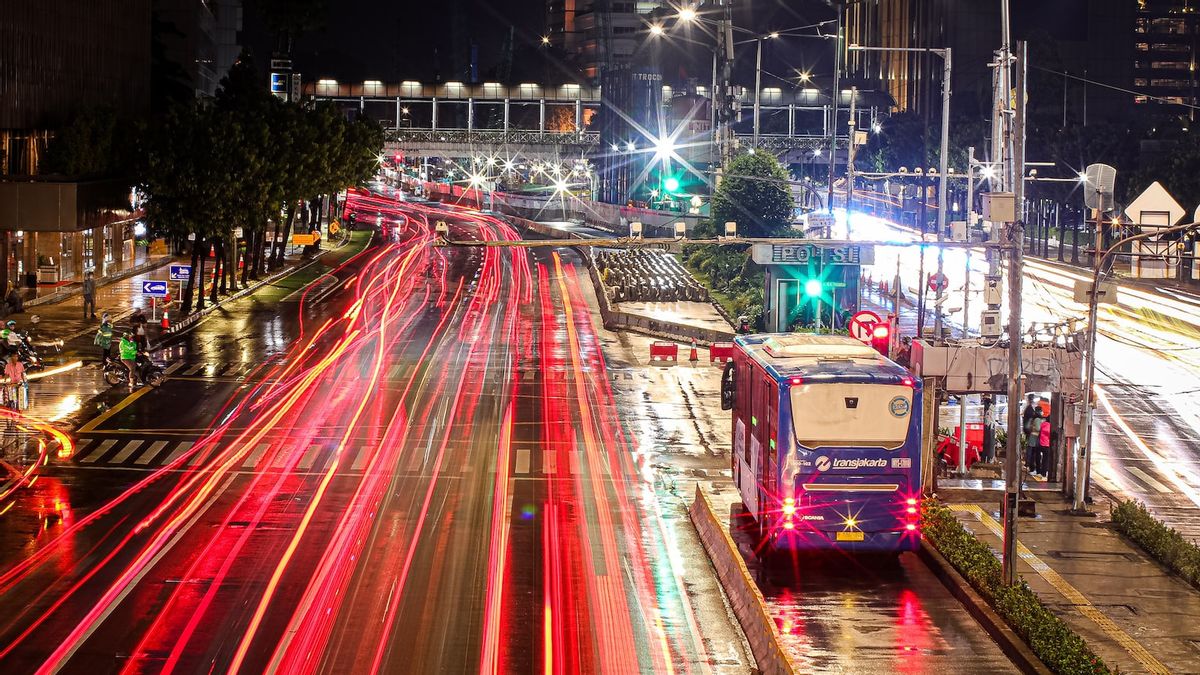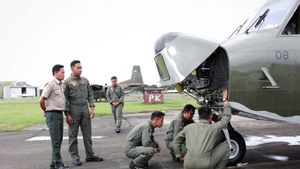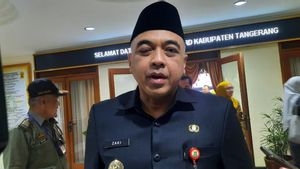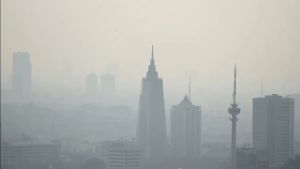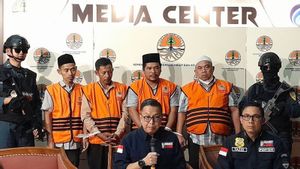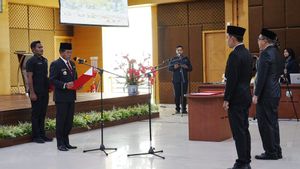JAKARTA - The government is asked to be more aggressive in increasing promotions in overcoming the problem of air pollution, especially in the Greater Jakarta area. The policy of implementing Work From Home (WFH) for State Civil Apparatus (ASN) in DKI Jakarta in order to reduce air pollution must be accompanied by various other approaches.
"After implementing WFH for ASN, the Government has another job, namely minimizing the movement of motorized vehicles which are carbon gas contributors that pollute the air. This can be done by increasing the promotion of the use of public transportation such as KRL, Transjakarta buses, LRT, and MRT," said the Chairperson of the Indonesian Parliament, Puan Maharani, Monday, August 21.
As is known, the WFH policy for ASN DKI Jakarta has begun to be implemented in an effort to reduce air pollution in the capital city and its surroundings. The WFH policy is enforced with a 50% system for ASNs who carry out staff or support functions.
The WFH program does not apply to employees who work in direct services to the community such as Hospitals, Health Centers, Municipal Police (Satpol PP), Fire and Rescue Services to the Department of Transportation.
"WFH has become a global trend along with developments in information and communication technology. The COVID-19 pandemic has accelerated the adoption of WFH in various sectors, including government. We hope that this policy will reduce air police in Jakarta," said Puan.
اقرأ أيضا:
According to data from the DKI Jakarta Transportation Agency, the number of motorized vehicles in Jakarta has reached 12 million units. This number has increased by about 20% in the last five years.
Puan assessed that the WFH program at ASN DKI Jakarta is in line with global efforts to protect the environment and reduce the impact of climate change. By reducing the number of vehicles operating every day, it is hoped that carbon emissions can also be reduced.
Even so, the former Coordinating Minister for PMK believes that the problem of air pollution cannot only be done by implementing WFH. Puan said various other efforts must also be prioritized, including regulating rogue industries that contribute to air pollution.
"The ASN WFH program that has been initiated in DKI must also be supported by policies from cities supporting the capital, such as by carrying out strict monitoring and evaluation of factories that contribute to air pollution," said Puan.
"We all know that there are many factories around buffer cities, such as Bekasi, Tangerang, Depok and Bogor. We hope that all industries can be disciplined in disposing of their waste," added Puan.
"The long-term solution to addressing the problem of air pollution is to introduce better quality fuels for industrial equipment to reduce air pollutant emissions," said Puan.
The grandson of the Indonesian Proclamator Bung Karno also encouraged the Government to improve public transportation that supports the community, especially in cities that support Jakarta. That way, said Puan, interest in using public transportation will also increase.
"The central and regional governments need to work together to improve transportation access in Jakarta's supporting areas. So the subsidy should be diverted to improve integrated transportation to settlements to the outskirts, so that people want to switch modes of transportation," she explained.
The English, Chinese, Japanese, Arabic, and French versions are automatically generated by the AI. So there may still be inaccuracies in translating, please always see Indonesian as our main language. (system supported by DigitalSiber.id)
